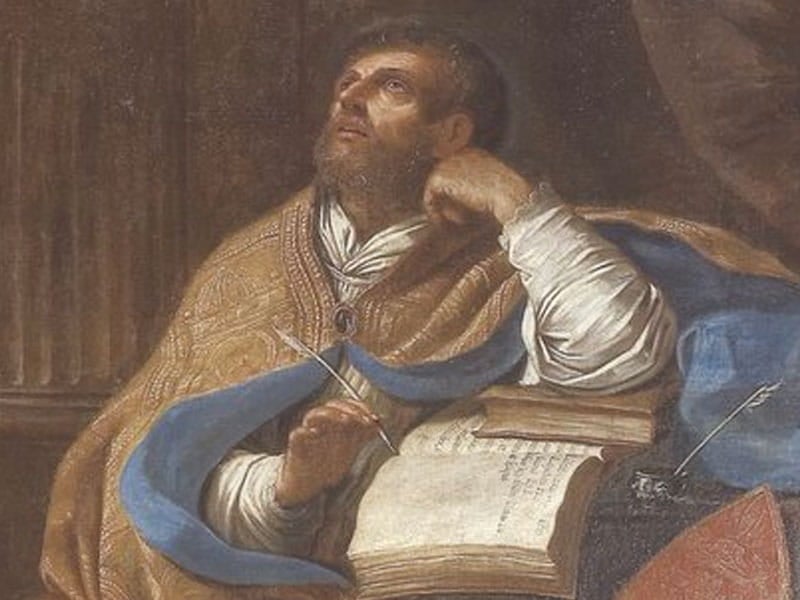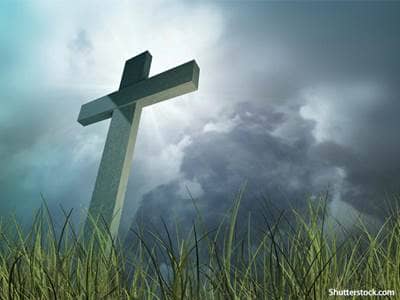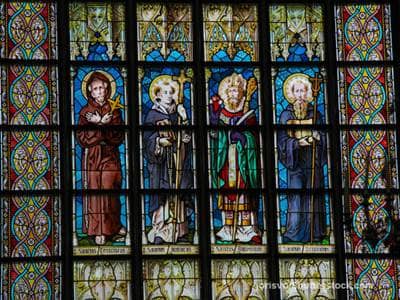St. Peter Chrysologus (406-450?)

A man who vigorously pursues a goal may produce results far beyond his expectations and his intentions. Thus it was with Peter of the Golden Words, as he was called, who as a young man became bishop of Ravenna, the capital of the empire in the West.
At the time there were abuses and vestiges of paganism evident in his diocese, and these he was determined to battle and overcome. His principal weapon was the short sermon, and many of them have come down to us. They do not contain great originality of thought. They are, however, full of moral applications, sound in doctrine and historically significant in that they reveal Christian life in fifth-century Ravenna. So authentic were the contents of his sermons that, some 13 centuries later, he was declared a doctor of the Church by Pope Benedict XIII. He who had earnestly sought to teach and motivate his own flock was recognized as a teacher of the universal Church.
In addition to his zeal in the exercise of his office, Peter Chrysologus was distinguished by a fierce loyalty to the Church, not only in its teaching, but in its authority as well. He looked upon learning not as a mere opportunity but as an obligation for all, both as a development of God-given faculties and as a solid support for the worship of God.
Some time before his death, St. Peter returned to Imola, his birthplace, where he died around A.D. 450.
-
St. Oliver Plunkett (1629-1681)
-
Blessed John Francis Burte and Companions (d. 1792; d. 1794)
-
Blessed Emmanuel Ruiz and Companions (1804-1860)
-
Sts. John Jones and John Wall (c. 1530-1598; 1620-1679)
-
St. Adrian of Canterbury (d. 710)
-
St. Thomas the Apostle
-
St. John Francis Regis (1597-1640)
-
St. Agatha (d. 251?)
-
St. Bonaventure (1221-1274)
-
St. Agnes (d. 258?)


